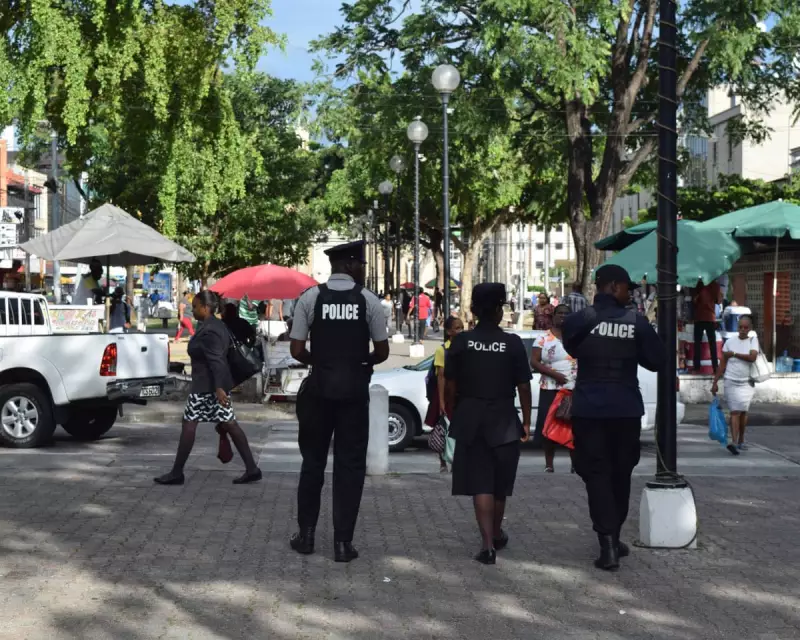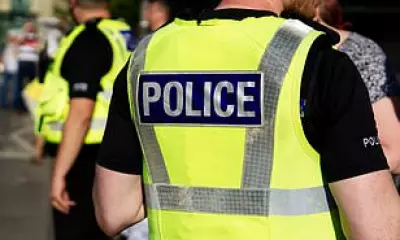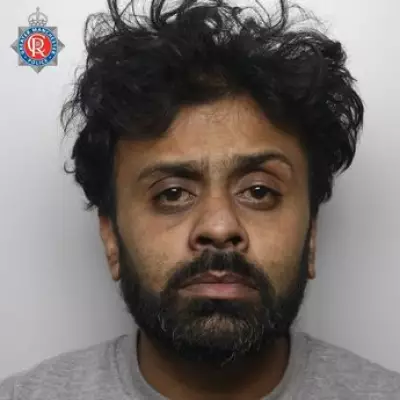
The government of Trinidad and Tobago has announced a second state of emergency in response to a surge in gang-related violence, which officials say threatens national security. The move comes as authorities struggle to contain escalating crime rates across the twin-island nation.
Why Another State of Emergency?
Prime Minister Keith Rowley cited an "unprecedented level of criminal activity" as the primary reason for the declaration. Security forces have been granted expanded powers to conduct searches, detain suspects, and impose curfews in high-risk areas.
Gang Violence Reaches Critical Levels
Recent months have seen a dramatic increase in gang-related homicides, with armed groups battling for control of drug trafficking routes and extortion networks. Police data reveals a 30% year-on-year rise in violent crimes linked to organised gangs.
Impact on Daily Life
The emergency measures include:
- Extended police powers of arrest and detention
- Restricted movement in designated "hot zones"
- Increased military patrols in urban areas
- Temporary suspension of certain civil liberties
Business leaders have expressed concern about the economic impact, particularly on the tourism sector which contributes significantly to the nation's GDP.
Public Reaction and Criticism
While many citizens welcome the government's tough stance, human rights groups have raised concerns about potential abuses. Opposition leaders argue that previous emergency measures failed to produce lasting results and question the timing of the announcement.
The government maintains that these extraordinary measures are necessary to dismantle criminal networks and restore order. Security analysts warn that without long-term solutions, the cycle of violence is likely to continue.





